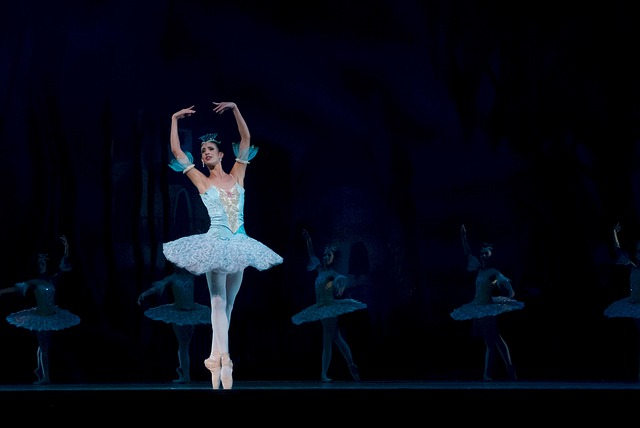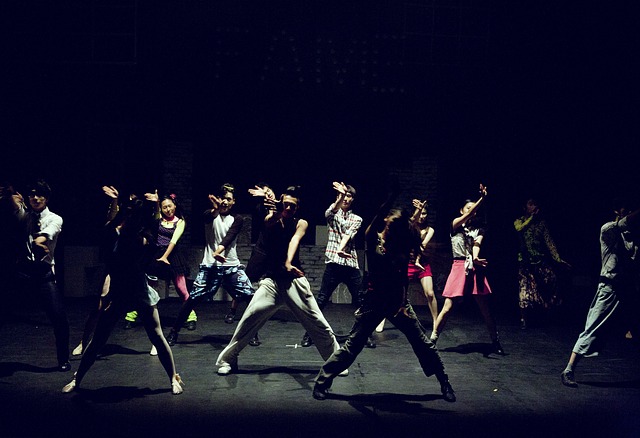The other day, my husband and I went to the theater againafter a long absence. Our son was born and we had no one to take care of him, so we forced ourselves to take a little time off. My husband, as usual, asked me what to wear. I suggested a suit, since we didn\’t have that many opportunities to go out. Since the play was not in a large theater, but on a small, club-like stage, he decided to go without a tie. While there we marveled at how the etiquette of dress has shifted a bit again. On the one hand, it is nice that people are free to choose what they wear and what they feel comfortable in, but on the other hand, they should distinguish where they are going and dress accordingly. Today, it is not at all uncommon for men to arrive at the theater in frayed jeans and a pulled-together shirt or sweater.
Women often arrive at the theater with unkempt, greasy hair and strange attire.
The cultural experience should be one of going for fun once in a while, enjoying dinner, coffee or wine, and dressing up specially. Of course, there are also performances outdoors, especially during the summer months, or in various tents and other alternative spaces, where dress etiquette is not a particular consideration and the main concern is to survive the vagaries of weather and environment, such as cold and rain.
However, if one decides to go to a classical performance in a traditional theater, or to the opera or ballet, one needs to be prepared for it. Even if you do not have appropriate clothing at home and it is only for the occasion, you can rent an appropriate suit or dress in advance . Either from a formal wear rental store or from a friend or relative.
Fashion is not everything, but respect for the artists themselves and the environment in which the cultural performance takes place.